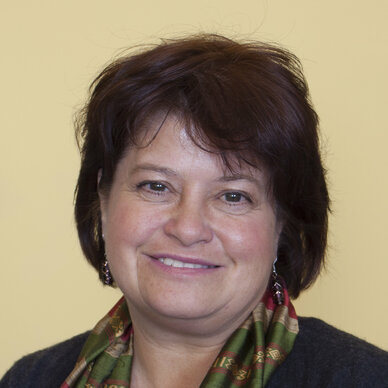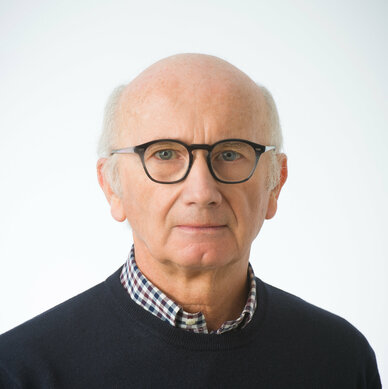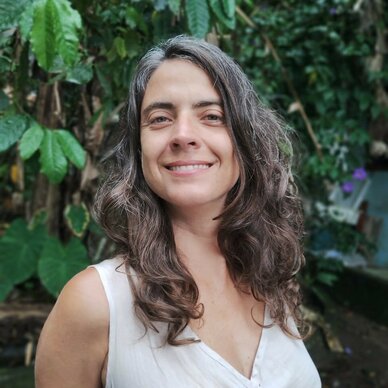Keynote Speakers

Veronica Strang
Prof. Veronica Strang is affiliated to Oxford University’s School of Anthropology and Museum Ethnography. She is a cultural anthropologist who has conducted ethnographic research in Australia, the UK and New Zealand. Her work is concerned with human-environmental relations, materiality, cultural landscapes, and – in particular – societies’ engagements with water. She has worked with UNESCO and the UN on water and sustainability issues and conducts research assisting indigenous communities’ land and water claims. Her work has contributed to debates on non-human rights, and she recently completed a major comparative study examining historical and contemporary beliefs about water deities and their capacities to illuminate different trajectories of development in human-environmental relationships. In 2000 Veronica received a Royal Anthropological Institute Urgent Anthropology Fellowship, and in 2007 she was awarded an international water prize by UNESCO. In 2019 she was elected as Fellow of the Academy of Social Sciences.
Her publications include Uncommon Ground: cultural landscapes and environmental values (Berg 1997); The Meaning of Water (Berg 2004); Gardening the World: agency, identity and the ownership of water (Berghahn 2009); Ownership and Appropriation (Berg 2010); Water: nature and culture (Reaktion 2015) and Water Beings: from nature worship to the environmental crisis (Reaktion 2023).
Keynote: A City Built With Water: elemental co-creativity in the Venetian lagoon - Wednesday 22nd May 2024, 17.45-18.45, chaired by Maarja Kaaristo

Francesco Vallerani
Past Full Professor in Cultural Geography at the University of Venice Ca’ Foscari, today is Senior Researcher in the Centre for Environmental Humanities within the same University. He is a prominent figure in the field of geo-historical evolution and conservation of fluvial and lagoon landscapes. Prof. Vallerani is scientific advisor of the “Water Museums Network” (WAMUNET) that includes over 70 museums distributed worldwide. He is co-editor of the ground-breaking volume “Waterways and the Cultural Landscape” (Routledge, 2018) resulting from research work carried out as principal investigator within the European Waterways Heritage Programme (EUWATHER 2016), aimed at re-evaluating European minor rivers and canal as cultural landscapes (Italy, UK, Netherlands, Spain). He has led a EUROPEAID programme on ecotourism/waste management in Guinea Bissau/ European Union/Veneto Region (2015). He besides leaded extensive research on hydraulic heritage and sustainable tourism in many countries of Europe, in Latin America (Bolivia, Argentina), Oceania (Australia and New Zealand) and Africa (Guinea Bissau). Also, his team working at the Waterscapes Research Unit of Ca Foscari, in 2016 was awarded with the “Innovation Award” at the 29th World Canals Conference in Scotland, for the extended applied research in digital humanities on minor waterways’ heritage and its innovative promotion.
He has published over 60 peer-reviewed scientific articles and book chapters, 6 monographs (1 awarded 2008), 7 edited volumes (1 awarded 2003). He has mentored more than 90 post-graduate students (6 award winning) and 6 PhD students and post-doctoral researchers.
Keynote: Water mobility heritage and fluvial adventures: The enchantment of waterscapes as environmental apprenticeship - Thursday May 23rd 2024, 11.45-12.45, chaired by Paul Rabé

Ana De Francesco
Dr Ana De Francesco holds a Master degree and PhD in Social Anthropology from the University of Campinas and a Bachelor's degree in Social Science from the University of São Paulo, Brazil. She works as researcher at the FGV Center for Human Rights and Corporations (FGV CeDHE) where she coordinates applied studies involving coproduction of knowledge in collaboration with indigenous and traditional communities, specially those affected by large infrastructure projects, as hydroelectric power plants and highways in the Brazilian Amazon.
She has been working with traditional communities since 2010. Between 2013 and 2020 she was based in the state of Pará, in the Amazon, carrying out extensive ethnographic research of the installation of the Belo Monte hydroelectric plant, one of the biggest in the world. Over these years, she developed collaborative research with artisanal fishermen impacted by the dam and traditional communities forcibly displaced from the Xingu riverbanks. In this context, she acted as ad hoc expert for the Federal Prosecutor Officer, as collaborating researcher in the NGO Instituto Socioambiental, and as technical advisor for social movements and local organizations.
She is currently developing studies on the importance of local communities participation in the decision-making process of large infrastructure projects, participatory and adaptive governance and on the intersection of climate emergency and human rights.
Keynote: From ancestral pathways to climate emergency: the centrality of rivers in an Amazonian perspective, Friday May 24th 2024, 11.45-12.45, chaired by Philip Hayward


